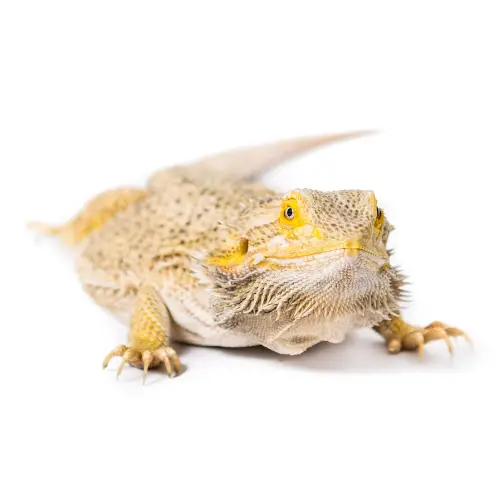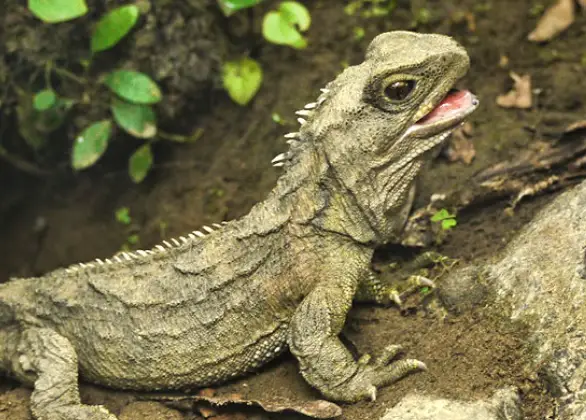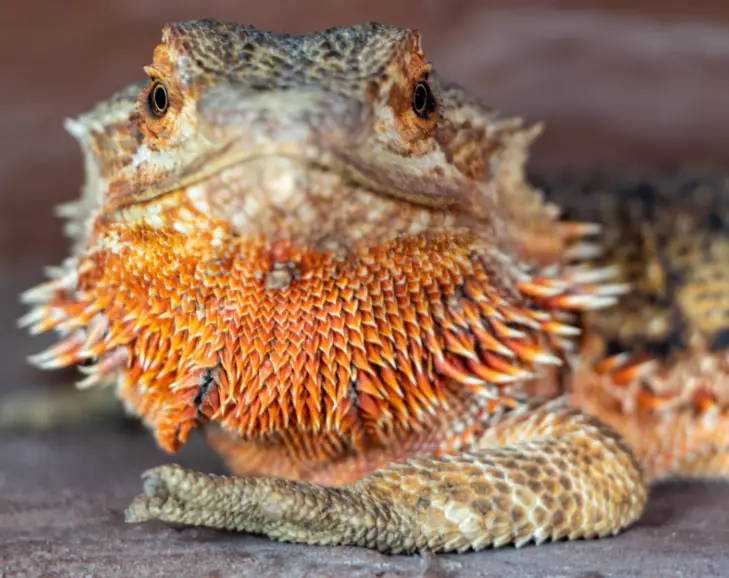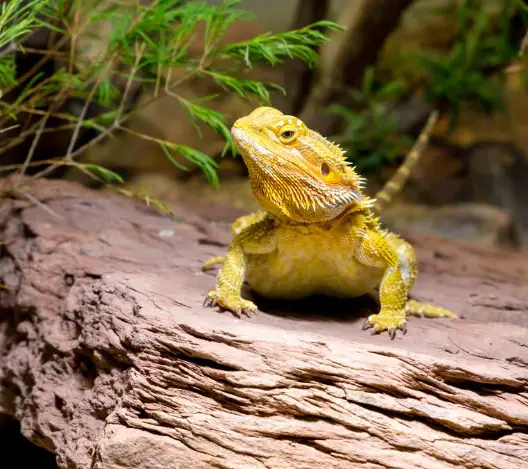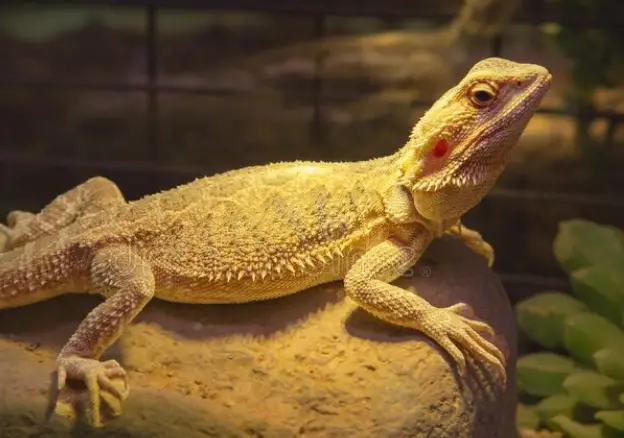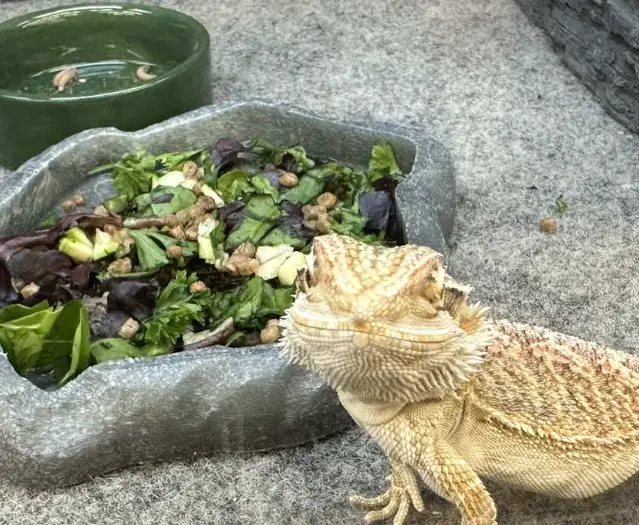When it comes to bearded dragons, maintaining a healthy weight is crucial for their overall well-being. An underweight bearded dragon can have a compromised immune system, leading to a host of health issues. Therefore, it’s essential to keep an eye on your bearded dragon’s weight and look for any signs of weight loss. In this article, we’ll discuss the signs of a bearded dragon being underweight and how to address the issue.
What is the ideal weight for a bearded dragon?
Bearded dragons can vary in weight, depending on their age, gender, and size. As a general rule of thumb, a healthy adult bearded dragon can weigh between 350 to 600 grams. However, it’s essential to keep in mind that this number can vary, and what’s most important is ensuring that your bearded dragon is at a healthy weight for their specific breed and size.
What are the signs of a bearded dragon being underweight?
The first sign of an underweight bearded dragon is a visible ribcage. If you can see your bearded dragon’s bones protruding out of their sides, this is a sign that they’re underweight. Additionally, you may notice that your bearded dragon appears lethargic and doesn’t move around as often as they typically would. This is because they don’t have enough energy to be active.
Another sign of an underweight bearded dragon is sunken eyes. If your bearded dragon’s eyes appear to be deep-set and have a sunken appearance, this may indicate that they’re not getting enough nourishment. Additionally, your bearded dragon may become dehydrated if they’re not eating enough food, leading to wrinkled skin and dry-looking eyes.
What are the causes of underweight in bearded dragons?
There are several reasons why a bearded dragon may become underweight. One common cause is improper nutrition. If your bearded dragon isn’t getting enough calcium, protein, or essential vitamins, they may not be able to maintain a healthy weight. Additionally, if you’re feeding your bearded dragon inappropriate food, such as foods high in fat or sugar, they may not be getting the nutrients they need to stay healthy.
Another potential cause of underweight in bearded dragons is parasites. Internal parasites, such as worms or mites, can cause bearded dragons to lose weight rapidly. If you suspect that your bearded dragon has parasites, it’s essential to take them to a veterinarian immediately. They may need medication to treat the parasites and get their weight back on track.
What can be done to prevent underweight in bearded dragons?
The best way to prevent underweight in bearded dragons is to ensure that they’re getting a balanced diet. Their diet should consist of a variety of foods, including crickets, mealworms, vegetables, and fruits. It’s also important to provide them with a calcium supplement, as this will help them maintain strong bones.
Additionally, it’s essential to keep their habitat clean and comfortable. If their habitat is too cold or too hot, they may not be able to digest food properly, leading to weight loss. Ensure that their habitat is set up correctly and that they have access to areas where they can bask in the sun and cool off as needed.
What can be done to help an underweight bearded dragon gain weight?
If you notice that your bearded dragon is underweight, it’s important to address the issue as quickly as possible. One of the first things you can do is start feeding them more often. Increase the number of feedings per day and make sure that they’re getting enough food each time.
To help your bearded dragon gain weight, you can also add more protein to their diet. Consider adding live insects, such as crickets or mealworms, to their diet, as these are a great source of protein. Additionally, you can offer them more fruits and vegetables that are high in calories, such as squash, sweet potato, and mango.
In addition to adjusting their diet, it’s important to keep their habitat comfortable and clean. Ensure that their temperatures are optimal, and their enclosure is free of parasites. If you’re unsure of how to help your underweight bearded dragon gain weight, consider taking them to a veterinarian who specializes in reptiles.
When should I be concerned about my bearded dragon’s weight?
If you notice that your bearded dragon is losing weight rapidly or appears lethargic and dehydrated, it’s essential to take them to a veterinarian as soon as possible. Rapid weight loss can indicate a severe health problem, and it’s better to address the issue early on rather than waiting until it’s too late.
Conclusion
In conclusion, maintaining a healthy weight is critical for the overall well-being of your bearded dragon. By keeping an eye on their weight and looking for signs of underweight, you can help ensure that they stay healthy and happy. Remember to provide them with a balanced diet, keep their habitat clean and comfortable, and seek out veterinary care if necessary.
